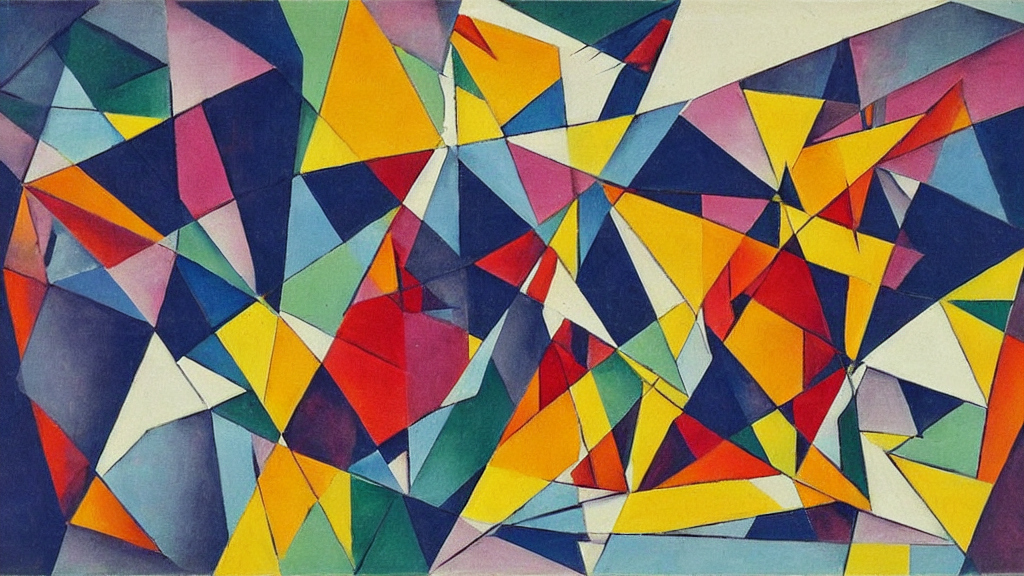The technology of the moment is Artificial Intelligence ( AI ). News of its development is everywhere. The gathering opinion is that we are going to be made redundant or even worse, humanity will be eliminated. But there are certain areas in our lives that it will never replace.
Computers have become an integral part of our lives; they are in our bags and pockets. Over the decades software has been developed to cover every moment of the day and night from managing our money to finding a partner. AI is the latest development which is changing how we live and work. But AI works in a different way compared to the current technology. Normally a computer programmer writes an algorithm in software, which is a series of instructions, to solve a particular problem. When data is input into the algorithm it returns with an answer. An example is your bank account where the input data includes your salary and bills, then an algorithm is used to output the amount available that you can spend. AI, in a sense, programmes itself. It finds patterns in amongst very large amounts of data. Then when a questions is asked uses the patterns that it has found to match it up an answer. In the case of the latest version of AI, Generative AI such as ChatGPT, the computer takes more text than can be imagined, and works out the meaning of the words by looking at their context within sentences. When the user asks a question it will return with a written reply that looks as though you are having a conversation with ‘somebody’ the other side of the screen. The claim by most commentators about Generative AI is that it simulates human cognitive processes - learning, decision-making, problem-solving and even creativity. Hence the near hysteria in the media about the future of humanity. However, as the system is based on the quality of the data then there are many problems. The most obvious example is bias and prejudice, and the old maxim “rubbish in - rubbish out” still applies. However, I am sure that these problems will eventually be solved.
But there are areas of life that AI will never be involved:
[1] The first area is where rules are already in place for carrying out an activity. For example the rules to decide whether a mortgage application is granted. Replacing a rules based activity by AI would be a disaster. Image an AI system deciding whether it awarded you a mortgage based on how you asked it a question rather than based on your economic circumstances.
[2] Anything that requires practical knowledge such as repairing a toilet. When I asked ChatGPT how I could repair a leaking toilet it came back with a list of steps littered with American terminology that was of no use. Any practical problem, which covers many activities in life, then humans are still the best at solving them.
[3] Commentators suggest that AI can be used instead of teachers. However, how about learning a new practical skill to ride? For example, learning to ride a bicycle requires a lot of trial and error and eventually confidence is built up until we can confidently put our foot on the pedals and cycle off. I asked ChatGPT how would I learn to ride a bicycle and it came back with a list of unhelpful instructions.
[4] Because Generative AI is text based then picking up on emotional aspects e.g. Emotional Intelligence, is very limited. There are no technology solutions for AI to interpret emotions and therefore will not be a part of our emotional lives.
[5] One of the biggest threats discussed by commentators is that an AI system can reproduce creativity. I asked ChatGPT to write a piece about a current world event in the style of Jane Austen and it returned with the news from Higbury, a fictional town from her novel Emma. But as discussed above an AI system can only be as creative as the data that it has learned from. How would it use intuition or insight, to develop a new piece of work. Could AI write a universal song such as Woody Guthrie’s “This Land Is My Land”, or change the history of Art such as Picasso? Very difficult to imagine.
The increasing availability of computers has had an big impact on our lives. But there are key areas where AI will not replace us because of our unique human capabilities. Next time that you read, or hear about AI eliminating humanity, then test the claim by asking how it will fix your leaking toilet?
PS I asked ChatGPT “what are the limits of Generative AI?” and its reply confirmed many of the views described above.
